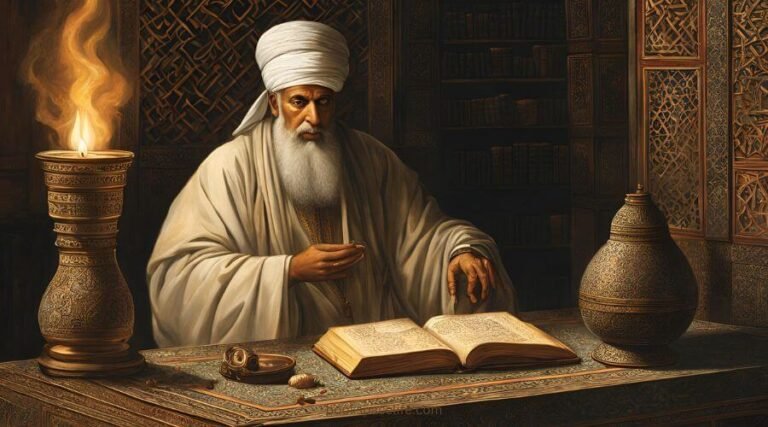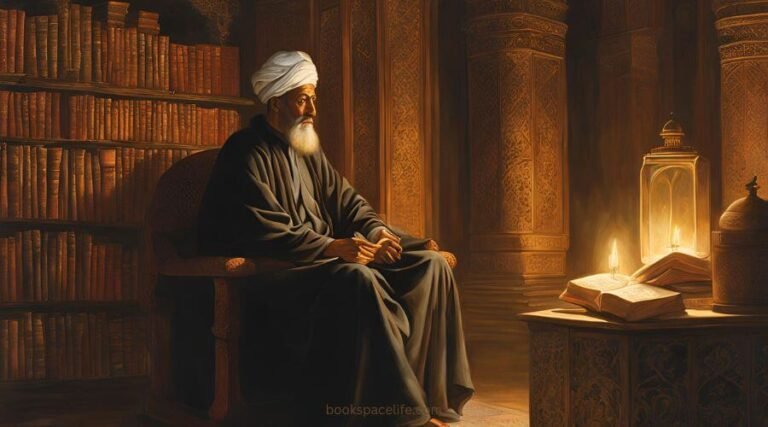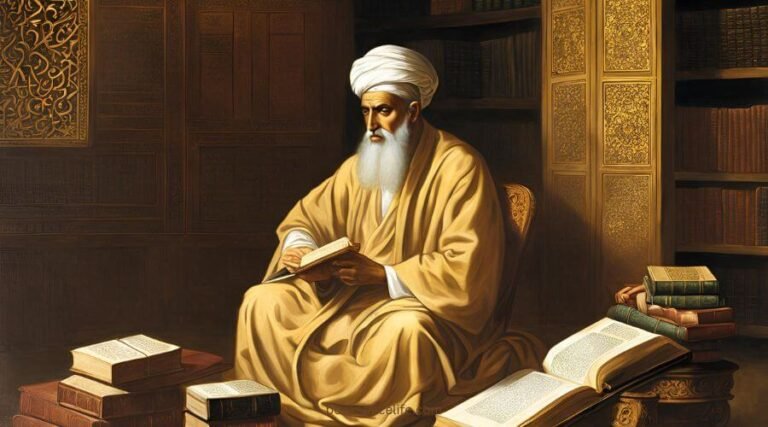
Al-Jahiz (776 – 868 CE
Al-Jahiz (776 – 868 CE) : A Renaissance Man of the Islamic Golden Age

Al-Jahiz (776 – 868 CE) : A Renaissance Man of the Islamic Golden Age

Al-Farghani (Alfraganus) (800 - 870 CE) : The Eminent Astronomer and Philosopher of the Islamic Golden Age

Al-Kindi (c. 801–873 CE) was a philosopher, polymath, and one of the foremost intellectual figures in the Islamic Golden Age.
Often referred to as the “Philosopher of the Arabs,” he made significant contributions to a wide range of disciplines, including philosophy, mathematics, astronomy, music, medicine, and psychology.

Al-Maturidi (853–944 CE) : The Father of Sunni Rational Theology

Abu Nasr Muhammad ibn Muhammad al-Farabi (c. 872–950 CE).

Ibn al-Haytham (Alhazen) (965 – 1040 CE) : The Father of Optics and Pioneer of Scientific Method

Ibn Sina (c. 980–1037 CE), often known in the West by his Latinized name Avicenna, is one of the most influential and revered thinkers of the medieval period.
He is widely regarded as the most significant philosopher and physician in the Islamic Golden Age, a time when intellectual and scientific achievements were flourishing under the Abbasid Caliphate.

Ibn Hazm (994–1064 CE) : The Andalusian Philosopher and Scholar

Al-Shahrastani (1086–1153 CE): The Philosopher of Religious Pluralism and Intellectual Curiosity

Al-Ghazali played a pivotal role in shaping the intellectual landscape of the Islamic world, reconciling philosophy, theology, and mysticism. Ibn Ghazali’s work has continued to resonate across generations, influencing not only Islamic thought but also Christian, Jewish, and Western philosophical traditions.

Ibn Bajjah (Avempace) (1105 – 1138 CE) : The Philosopher of Andalusian Intellectualism

Ibn Rushd aka Averroes (1126 – 1198 CE): The Philosopher Who Bridged Cultures